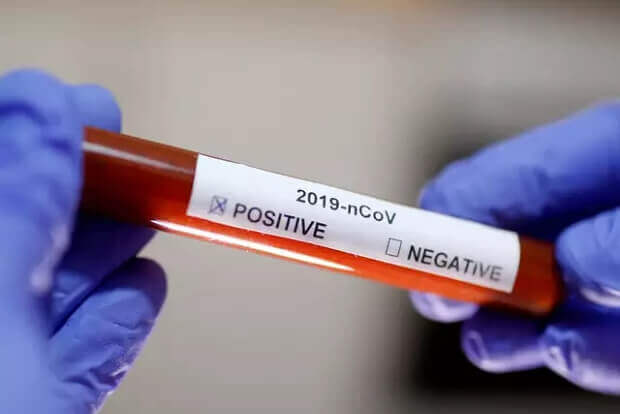According to a 2018 Lancet study, there are at least 47 abortions per 1,000 women aged 15 to 49 in the country.
In light of this, how will the Medical Termination of Pregnancy (Amendment) Bill, 2020 (MTP), which proposes changes to India’s current laws, affect these abortions?
Here’s an in-depth look at the MTP Bill, including the pros and cons of the amendments.

What exactly is the MTP Act?
The Medical Termination of Pregnancy (MTP) Act of 1971 establishes the legal framework for abortion services in India.
According to Dr. Nozer Sheriar, former Secretary General of the Federation of Abstetric and Gynaecological Societies of India, a pregnant woman may seek abortion under the MTP Act if:
- The pregnancy could endanger her life, as well as her physical and mental health.
- If there is a strong possibility that the child will develop physical or mental abnormalities.
Pregnant women can now obtain an abortion until their 24th week of pregnancy. They must obtain the consent of two registered medical practitioners (RMPs) to have an abortion between the ages of 20 and 24 weeks.
Abortion, on the other hand, is a punishable offense under Section 312 of the Indian penal code if the reason for the act does not fit within the framework established by the MTP Act. The person who performs the abortion without these reasons faces up to three years in prison, while the pregnant woman faces up to seven years.
What are some of the most recent changes to the Act?
- The bill proposed increasing the gestation period for women seeking abortions from 20 to 24 weeks.
- As part of the proposed amendment, pregnant women would only need the approval of one RMP to get an abortion until 20 weeks.
- Those seeking an abortion between the ages of 20 and 24 would need the approval of two RMPs.
- Women who wish to extend their pregnancy beyond 24 weeks must obtain the approval of a medical board.
As the above amendments were debated by right-wing activists and gynecologists, two other proposed changes were welcomed by all:
- The 2020 MTP bill includes a privacy clause that makes revealing the identity of any woman seeking an abortion a punishable offense.
- It has attempted to change the term “husband” to “partner” so that the woman’s marital status does not prevent her from having an abortion.
Why are the amendments being opposed?
To summarize, while the proposed amendment indicates a more progressive law, the bill still lacks a right-based approach, requiring women to justify abortion, and is riddled with accessibility issues.
“According to the amendment, the medical board should include a gynecologist, a pediatrician, and a radiologist.” Imagine attempting to bring such people together in rural India. Even a gynecologist is difficult to find in most parts of the country. Also, what guarantees that their personal prejudice will not come into play?” asks lpsa, a reproductive rights activist based in Delhi.














